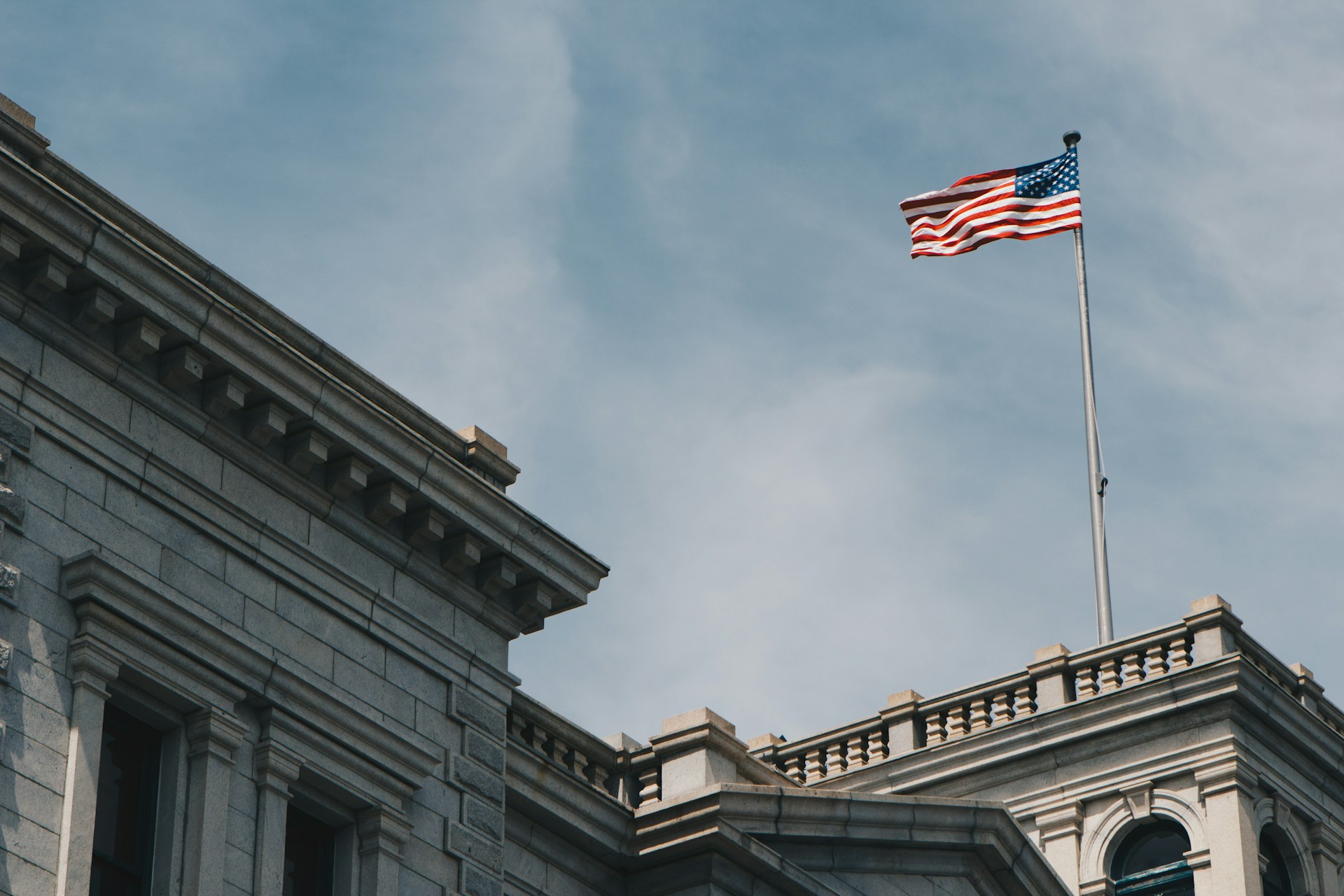A federal court has delivered a decisive rebuke to the Trump administration’s suspension of research funding at the University of California, Los Angeles, ordering the immediate restoration of more than a third of the nearly $584 million withheld. U.S. District Judge Rita F. Lin in San Francisco ruled that halting around 800 research grants violated a preliminary injunction she issued in June, which mandated the reinstatement of 114 specific grants and prohibited further terminations across the UC system. The affected awards include funding from the National Science Foundation, the National Institutes of Health, and the Department of Energy, and the court determined that the administration’s description of the cuts as “suspensions” carried the same legal weight as unlawful terminations.
The order gives the administration one week to comply or provide a lawful justification, though a challenge to the Ninth Circuit Court of Appeals remains possible. At the heart of the dispute lies the government’s contention that UCLA tolerated antisemitism during pro-Palestinian protests, an accusation the university disputes. While UCLA has settled a related case for $6 million, it is also facing a proposed $1 billion settlement from the administration, an amount university officials warn would severely impact operations and long-term research commitments.
Judge Lin’s ruling is more than a procedural correction; it is a defence of academic independence and a warning against using federal funding as leverage to enforce political conformity. Critics argue that conditioning grants on ideological alignment risks undermining the principle that universities should operate free from government interference in matters of expression and scholarship. California Governor Gavin Newsom has denounced the funding freeze and proposed settlement demands as coercive and incompatible with the state’s commitment to academic freedom.
While the legal process is far from over, this decision underscores the judiciary’s role in safeguarding institutional autonomy against political overreach. In doing so, it sets a potential precedent for future disputes over how far an administration can go in tying public funding to compliance with its political or cultural expectations.


